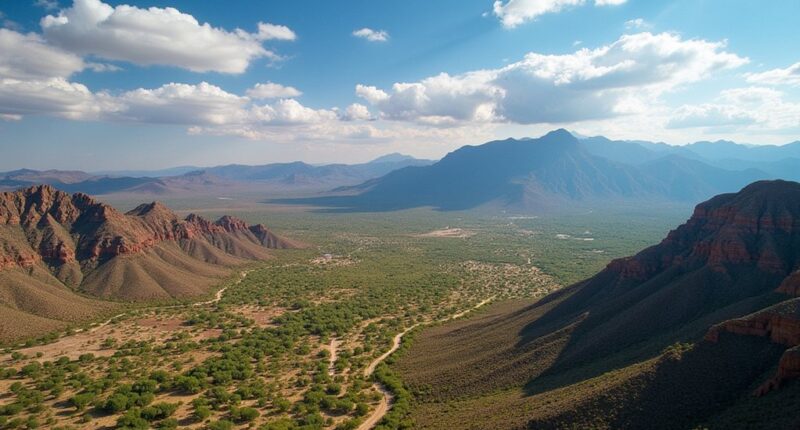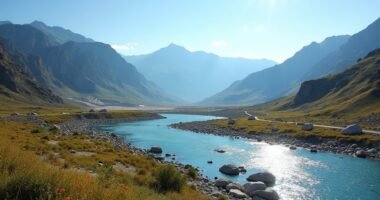The U.S. Supreme Court has decided to turn a blind eye to the Apache challenge against the Rio Tinto copper mining project in Arizona. This means the sacred Oak Flat area, a significant site for the Apache community, will be transferred for mining use. Supporters claim it boosts national security with increased copper production, but critics worry about the irreparable harm to sacred lands. Strap in—the implications for indigenous rights and land protections are just beginning to unfold.
Supreme Court Backs Copper Mine Over Apache Land Rights
In a decision that has left many shaking their heads, the U.S. Supreme Court has chosen not to hear a challenge against the construction of a copper mine at Oak Flat, a site sacred to the Apache people. This ruling, which upholds a lower court’s decision, means that the land transfer to Resolution Copper—a joint venture between the mining giants Rio Tinto and BHP—can move forward, potentially paving the way for one of North America’s largest copper mines. Oak Flat, located about 70 miles east of Phoenix, Arizona, is not just any piece of land; it’s considered the birthplace of Apache religion and is integral to their cultural identity. The Apache Stronghold group argued that the mining project would violate their religious rights by destroying this irreplaceable site. However, lower courts ruled against these claims, stating that no violation had occurred. Moreover, the Supreme Court decision allows the transfer of 2,400 acres in Tonto National Forest designated for the mining operations. This case highlights the ongoing struggle between modern development and traditional ecological knowledge that has guided indigenous peoples’ sustainable relationship with their ancestral lands for millennia. Dissenting justices, Gorsuch and Thomas, expressed concern that this decision could undermine protections for religious sites across the nation, warning it could set a dangerous precedent akin to demolishing a historic cathedral. The majority opinion denied the Apache Stronghold’s injunction request, effectively allowing the mine development to proceed. Resolution Copper, eyeing the economic benefits of domestic copper production, is now poised to begin extensive mining operations, pending a final environmental impact report. Supporters argue that the project could bolster national security and economic growth, while Native American groups and environmentalists remain steadfast in their opposition. In response to the ruling, Apache Stronghold leaders vowed to continue their fight, seeking both legal recourse and congressional intervention. They describe Oak Flat as essential to their spiritual practices, emphasizing their commitment to protect it at all costs. Meanwhile, critics of the Supreme Court’s decision lament what they see as a failure to uphold religious freedom, viewing this case as one that could reshape the landscape of protections for sacred sites on federal land. The reverberations of this decision will likely be felt for years to come.









